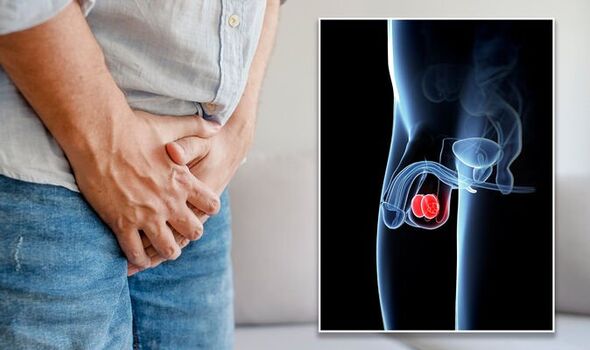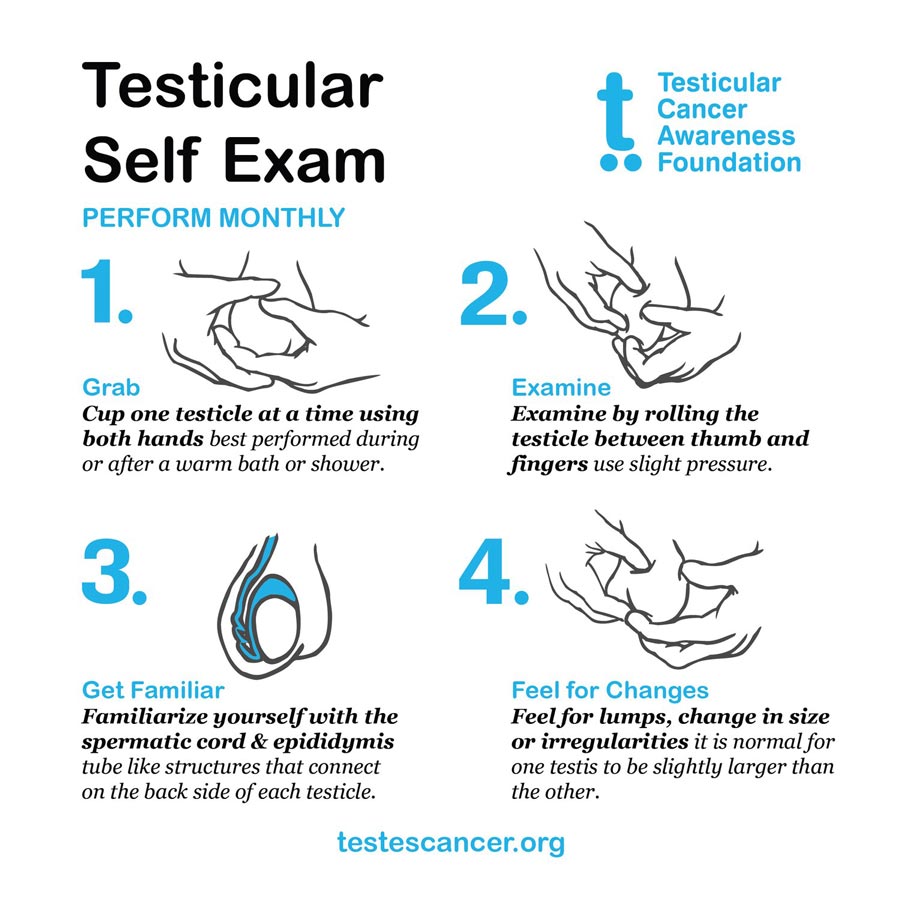Call Us: (954) 714-8200
Pay Your Bill
Book Online
Menu
- Home
- About
- Conditions
- Treatments
- Locations
- Resources
- Patients
- Contact Us
- Pay Your Bill
- Request an Appointment
- Call Us: (954) 714-8200
close
Menu
- Home
- About
- Conditions
- Treatments
- Locations
- Resources
- Patients
- Contact Us
close
Menu
- Home
- About
- Conditions
- Treatments
- Locations
- Resources
- Patients
- Contact Us
- Pay Your Bill
- Request an Appointment
- Call Us: (954) 714-8200
close


